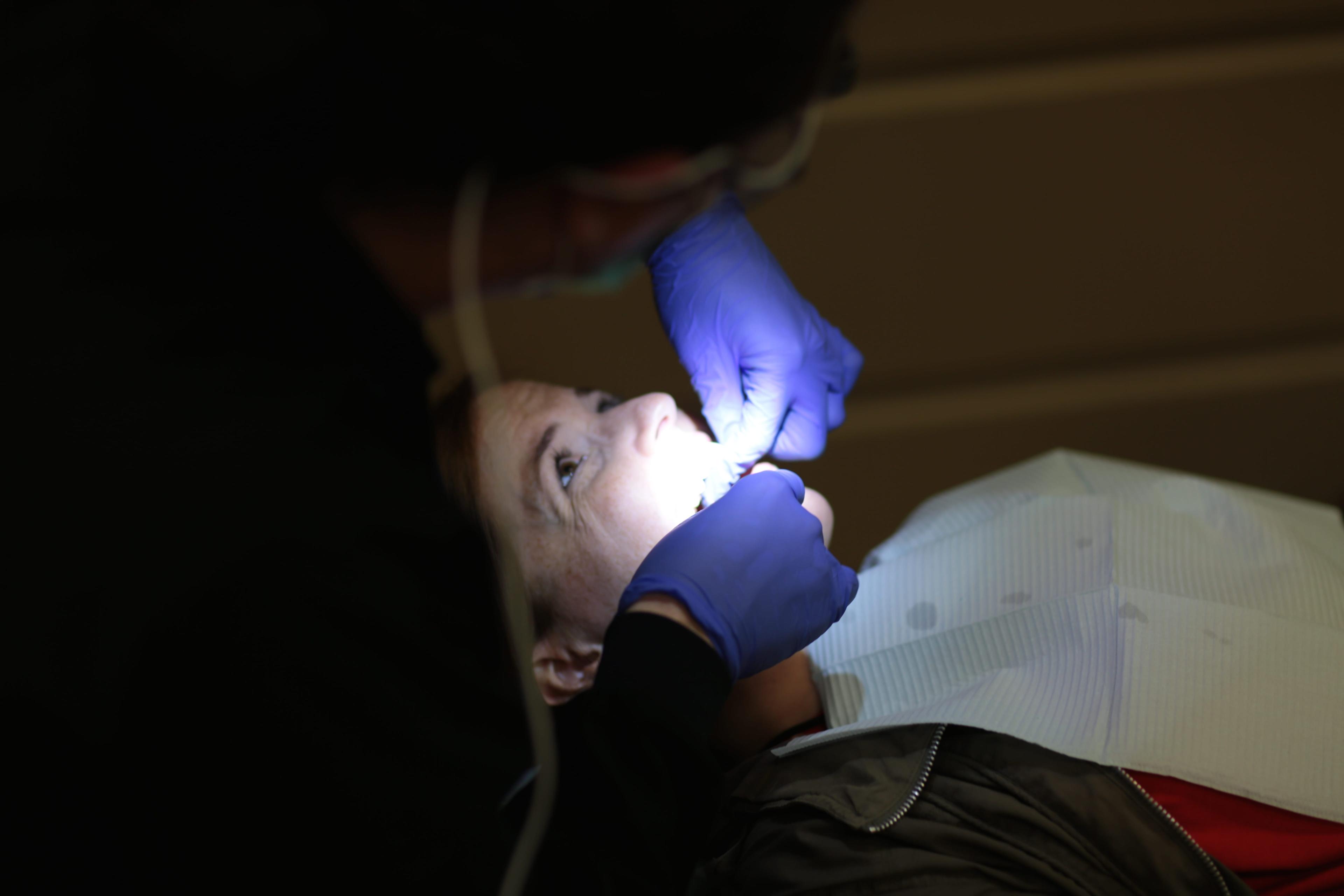
When we’re healthy, the last thing we want to do is make time for a doctor appointment. Let’s face it – we’re busy. Work, errands, family, friends… why would try to squeeze the doctor in if we’re not even sick? Unfortunately, many illnesses do not have warning signs until they are serious and difficult to treat. In these cases, waiting for a red flag can literally cost you your life. Regular checkups, the right screening tests and a healthy lifestyle can help you prevent or detect life-threatening chronic diseases such as heart disease, diabetes and cancer. Scheduling the necessary appointments is an important part of staying healthy. The first step? Knowing what appointments are recommended. Here are the basics:
- Well-exam with your primary care physician: Your primary care physician is your primary doctor, your first point of contact when it comes to your health. For women, this can be your gynecologist. A “well-exam” simply means an appointment when you’re healthy – not an appointment to treat an existing illness or injury. Need help finding a primary doctor? Check out this post for some tips. Be sure to ask your doctor if there are any other appointments he or she would recommend based on your age and health status.
- Eye exam with your optometrist: They say that eyes are the windows to the soul. While we don’t know about that, we do know that eyes are often the windows to health problems, like diabetes and high blood pressure. Your eye doctor is sometimes the first person to identify early warning signs of health issues, so make sure you keep up with your regular visits.
- Oral exam with your dentist: Oral health plays a key role in overall health. Some medical conditions have symptoms that first appear in the mouth. Regular dental visits are important to manage your oral health and spot problems early on.
Once the appointment is made, the next step is figuring out what to bring. Having all of the proper materials prepared before an appointment helps to make the experience less stressful. Consider taking the time to create a checklist and having everything ready-to-go the night before. Here's what you need to bring:
- Any insurance cards for current coverage
- Driver’s license or another valid photo ID
- A current list of any prescription medications and vitamins
- A notepad and a pen to write questions or important information down
If seeing a doctor for the first time, here’s some additional information to bring:
- A copy of medical records from a previous doctor
- Family health history, including chronic conditions and illnesses and previous surgeries
- A list of specialists
- A list of questions to ask, such as:
- How should I contact you when I have a question?
- What’s the best way to get a prescription filled?
- How far in advance will I need to make an appointment?
- Where should I go if I need urgent or emergency care?
Consulting a doctor to figure out the appropriate appointments to make and how to prepare for each will ensure a less stressful and more enjoyable experience. To see what preventive services are recommended for your age group, check out the graphic below:
For more health insurance tips visit bcbsm.com/101 or follow the hashtag #Covered101 on our social channels. If you have a specific question, please submit your query online through our Customer Action Center. Photo Credit: Parker Knight





